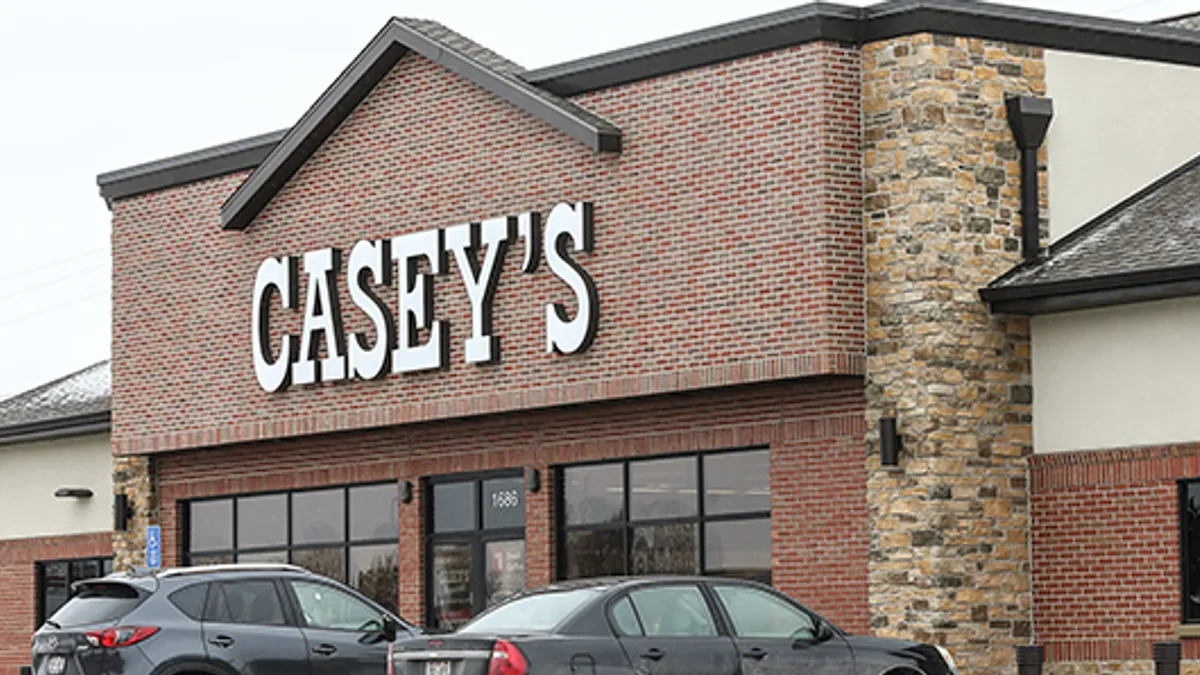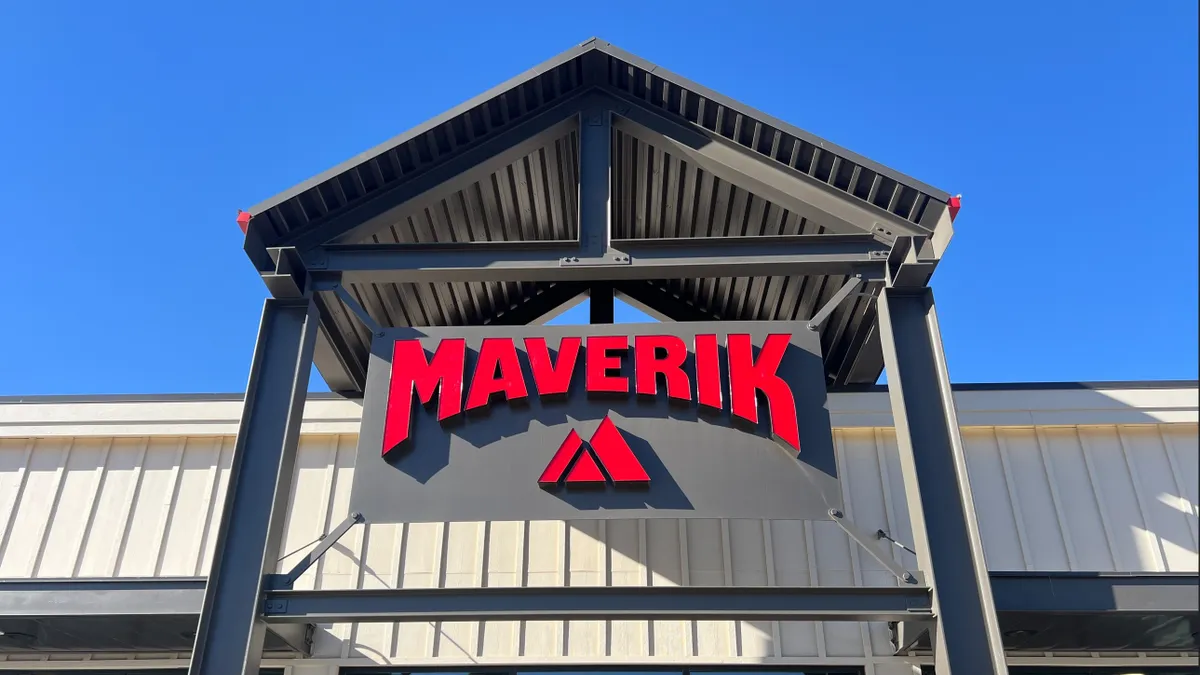Dive Brief:
- Casey’s General Stores is facing two near-identical lawsuits related to wages paid to its hourly employees, according to the filings made in U.S. district courts.
- Both lawsuits — one in Tennessee, the other in Iowa — claim that Casey’s “utilized three methods to cheat” employees out of overtime wages they were owed, violating the Fair Labor Standards Act in the process.
- If Casey’s is held liable, the lawsuit asks for situated employees to be awarded all unpaid overtime costs, liquidated damages and any additional ''relief to which they may be entitled,” according to the initial claims.
Dive Insight:
The “three methods” that Casey’s allegedly used to “cheat” its employees out of overtime wages include salaried managers requiring or forcing employees to keep working after being “clocked out”; requiring or forcing employees to work during a 30-minute unpaid meal period; and management teams editing employees’ time records “to reflect less hours worked.”
Although each lawsuit was filed by a single plaintiff, these suits are estimated to have affected “thousands,” according to the initial documents, and they could become class-action lawsuits. The claims state that the exact number of those affected can be confirmed by examining Casey’s payroll, scheduling, timekeeping, personnel and other work-related records and documents.
Each plaintiff and the other employees affected by the lawsuits “regularly worked 40 or more hours per week” over the past three years, but “were not paid at a rate equal to at least time and one-half their regular rate of pay for all hours worked over 40,” according to the claims.
The first lawsuit was filed Aug. 4 through the Western District of Tennessee Eastern Division. The second was filed on Dec. 8 through the Southern District of Iowa Central Division.
Casey’s did not respond by press time to an inquiry regarding the lawsuits.
These are not the only times since late last year that Casey’s has dealt with a wage-related suit. In November 2021, the retailer was sued in Iowa for allegedly short-changing its pizza-delivery drivers on their wages. The case was settled in September, with Casey’s agreeing to pay the plaintiff $3,000.












